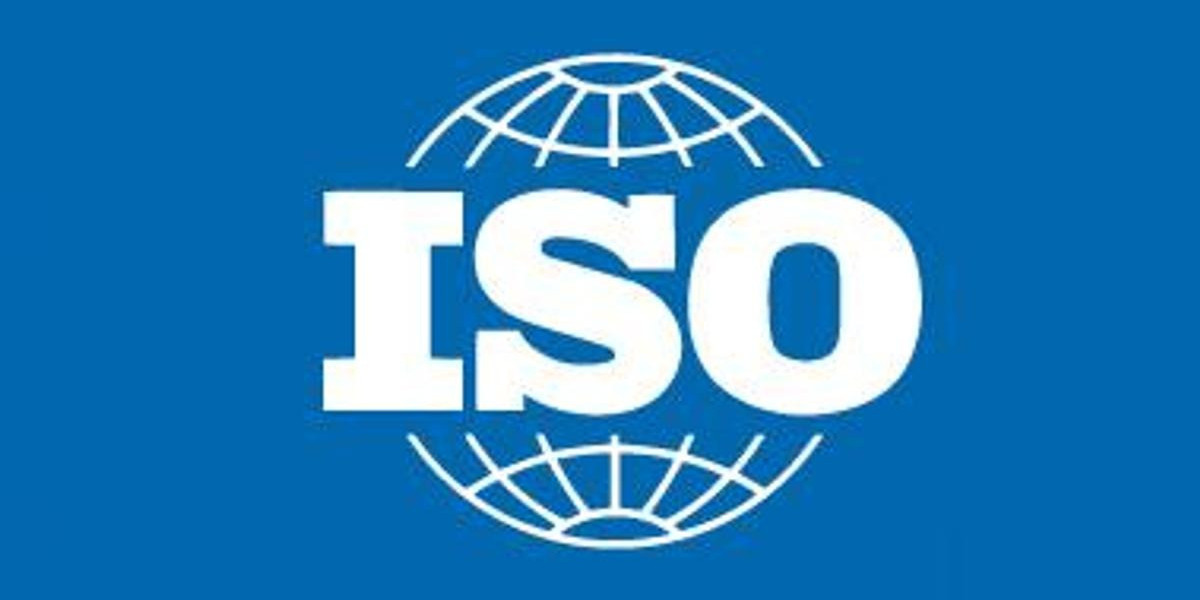In the increasingly globalized world of business, certifications play a vital role in ensuring that products meet specific standards and cater to the needs of diverse consumers. One such certification is Halal Certification, which is becoming progressively important for businesses, especially in Muslim-majority countries like Pakistan. The term "Halal" refers to products and services that adhere to Islamic law, and Halal certification ensures that businesses comply with these religious and ethical standards. As Pakistan is home to a large Muslim population, Halal certification is not only a matter of compliance but also a competitive advantage in both local and international markets.
This article aims to provide an in-depth understanding of Halal certification in Pakistan, its importance, the process involved, its benefits for businesses, and how obtaining this certification can help businesses expand their market presence.
What is Halal Certification?
Halal certification refers to the formal process by which a product or service is evaluated to ensure it adheres to Islamic dietary and ethical laws. "Halal," which translates to "permissible" in Arabic, applies to food, beverages, cosmetics, pharmaceuticals, and other consumer products. The certification is issued by authorized and recognized Halal certification bodies that inspect and validate the product, ensuring it meets the necessary criteria, such as:
Ingredients: Ensuring that the product is free from any Haram (forbidden) substances, such as alcohol, pork, or non-Halal slaughtered meat.
Manufacturing Process: The equipment and production processes must not cross-contaminate Halal products with Haram substances.
Packaging: The packaging must not contain any Haram material, and the entire process should uphold Halal principles.
In Pakistan, Halal certification has gained significant importance, especially with the growing global demand for Halal products. The certification helps Pakistani companies enter the international Halal market, offering access to a lucrative customer base of Muslim consumers around the world.
The Growing Importance of Halal Certification in Pakistan
Pakistan is home to one of the largest Muslim populations globally, and the demand for Halal products is growing exponentially, both domestically and abroad. With an increasing focus on quality and authenticity, consumers are becoming more aware of the importance of Halal certification when making purchasing decisions.
For Pakistani businesses, obtaining Halal certification offers an opportunity to align with the ethical and religious preferences of local consumers while also catering to international markets, particularly in the Middle East, Southeast Asia, and Europe, where demand for Halal products is rapidly growing. Additionally, as international trade expands, especially within Muslim-majority countries, Halal certification is often a requirement for exporting products.
Halal certification not only enhances a company’s credibility but also ensures that the products meet the highest safety, hygiene, and ethical standards, building consumer trust and loyalty.
The Process of Obtaining Halal Certification in Pakistan
The process for obtaining Halal certification in Pakistan involves several stages, ensuring that businesses comply with all required standards. Below is a general overview of the Halal certification process:
Application: The first step is for businesses to apply to a recognized Halal certification body in Pakistan. This body will evaluate whether the product or service meets the criteria for Halal standards.
Documentation and Evaluation: The business must provide detailed documentation regarding the ingredients, manufacturing processes, and raw materials used in the production. The Halal certification body evaluates this information to ensure compliance with Islamic laws.
Inspection: After the documentation review, a physical inspection of the production facilities is conducted. This ensures that the production environment is free from contamination, and the processes adhere to Halal principles.
Compliance Verification: The certification body checks that the ingredients are sourced from Halal-certified suppliers and that there is no cross-contamination with Haram products. The business is also required to demonstrate a commitment to continuous compliance.
Issuance of Halal Certificate: If the business meets all the required standards, the certification body will issue a Halal certificate, validating that the product or service is Halal-compliant.
Periodic Audits and Renewals: Halal certification is not a one-time process. Businesses must undergo regular audits to ensure that their products and practices remain in compliance with Halal standards. Certification is typically renewed annually.
Benefits of Halal Certification for Businesses in Pakistan
Obtaining Halal certification offers numerous benefits to businesses in Pakistan, ranging from access to new markets to improved consumer trust. Some of the key advantages include:
Access to Global Markets: The Halal market is vast, with a significant Muslim population worldwide. By obtaining Halal certification, Pakistani businesses can tap into international markets, particularly in countries like Saudi Arabia, Malaysia, Indonesia, and the UAE, where Halal products are in high demand.
Enhanced Consumer Trust: In a country like Pakistan, where the majority of the population follows Islamic practices, Halal certification serves as a strong trust signal to consumers. It assures them that the product is ethically sourced and prepared according to their religious beliefs.
Competitive Advantage: Businesses that obtain Halal certification can differentiate themselves in the marketplace. With more consumers demanding ethically produced goods, Halal certification sets a business apart from competitors that may not be Halal-certified, attracting more customers.
Brand Loyalty and Recognition: Halal certification can help businesses build long-term brand loyalty. Consumers are more likely to return to companies that demonstrate a commitment to ethical, religious, and quality standards.
Regulatory Compliance: As Halal standards are often associated with higher quality control measures, certification helps businesses comply with both local and international regulations, avoiding any legal issues related to food safety or ethical standards.
Expanding Product Range: By obtaining Halal certification, businesses can expand their product offerings to include Halal versions of popular products, which can open up new revenue streams and appeal to a wider audience.
Halal Certification Bodies in Pakistan
In Pakistan, several recognized Halal certification bodies are responsible for evaluating and certifying Halal products. These organizations play a crucial role in ensuring that the standards are followed rigorously. Some prominent Halal certification bodies in Pakistan include:
The Pakistan Halal Authority (PHA): Established by the government of Pakistan, the PHA is the primary authority for Halal certification in the country. The PHA oversees the regulation and certification of Halal products in Pakistan and abroad.
The Halal Food Authority (HFA): A non-governmental body, the HFA works to ensure that food products comply with Halal standards. They offer comprehensive services for Halal certification across various industries, including food, cosmetics, and pharmaceuticals.
The Halal Research Council (HRC): The HRC provides Halal certification services for a wide range of products, including food, beverages, and personal care items. They also offer training programs to help businesses understand the Halal certification process.
International Halal Accreditation Forum (IHAF): The IHAF works with international Halal certification bodies to provide global Halal standards and regulations. This body ensures that certified products comply with international Halal laws.
The Future of Halal Certification in Pakistan
With the increasing global demand for Halal products, the future of Halal certification in Pakistan looks promising. As consumer preferences shift towards more ethical and religiously compliant products, businesses in Pakistan are likely to face growing pressure to obtain Halal certification.
Moreover, as Pakistan expands its export market, particularly to Muslim-majority countries, the need for Halal certification will continue to rise. This trend will not only boost the economy but also encourage businesses to adopt stricter quality control measures, leading to better overall standards in the food industry and beyond.
Halal Certification in Pakistan: A Path to Ethical Business Growth
For businesses operating in Pakistan, Halal certification is not just a regulatory requirement but also a strategic tool for business growth. With a growing demand for ethically produced products both locally and globally, Halal certification offers access to a large and lucrative market, fosters consumer trust, and ensures compliance with international standards.
As consumer awareness continues to rise, businesses that invest in obtaining Halal certification are likely to see significant returns, enhanced brand loyalty, and increased market share. With the right Halal certification body and a commitment to upholding the principles of Halal production, Pakistani businesses can take advantage of the booming Halal market and secure long-term success.
Conclusion
In conclusion, Halal certification in Pakistan offers a range of benefits for businesses looking to expand their market reach, improve consumer trust, and ensure their products adhere to the highest ethical and religious standards. By navigating the certification process and working with recognized Halal bodies, businesses can tap into the global Halal market and differentiate themselves in a competitive marketplace. As Pakistan continues to grow as a key player in the international trade of Halal products, obtaining Halal certification is an essential step for businesses seeking to thrive in this dynamic and lucrative sector.








